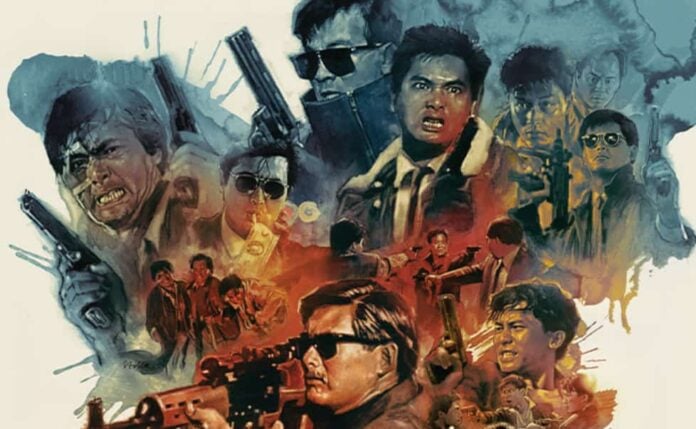Chow Yun Fat, Hong Kong’s greatest actor, is known worldwide for his powerful performances in films like A Better Tomorrow and Crouching Tiger, Hidden Dragon. Beyond cinema, his humility and decision to donate his entire fortune define his legacy as both a screen icon and a humanitarian.
ManlyZine.com
Who is Chow Yun Fat? Celebrated as Hong Kong’s greatest actor, Chow Yun Fat rose to global fame through his unforgettable roles in action classics and international blockbusters. With his collaboration with director John Woo and his humble off-screen life, Chow Yun Fat’s untold story continues to inspire millions worldwide.
Chow Yun Fat has emerged as one of Hong Kong’s most influential cinema icons. His remarkable career spans more than forty years with appearances in over 100 television drama series and films. Born to a poor farming family on Lamma Island in 1955, he transformed himself into a charismatic film star who captivated audiences worldwide.
His rise from modest beginnings to international stardom proves his extraordinary talent and perseverance. The acclaimed actor has earned three Hong Kong Film Awards and two Golden Horse Awards for Best Actor. Born on May 18, 1955, Chow’s career flourished from his early roles in TVB dramas like “The Bund” (1980). He later achieved global recognition with “Crouching Tiger, Hidden Dragon” (2000), which earned an Academy Award for best foreign-language film. His contributions helped bring Hong Kong gangster films to world prominence. The legendary performer’s impact continues today as he became the second Hong Kong actor to receive the Asian Filmmaker of the Year award at the 28th Busan International Film Awards.
Table of Contents
Early Life and Humble Beginnings
Chow Yun Fat was born on May 18, 1955, on Lamma Island, Hong Kong. His early life was simple and tough. The family lived without electricity, which stood in stark contrast to the glamorous life that awaited him. His father, Chow Yung-wan, worked on a Shell Oil Company tanker. His mother, Chan Lai-fong, made ends meet by cleaning houses and farming vegetables.
Growing up on Lamma Island
Life on Lamma Island molded Chow’s character through daily challenges. He woke up at dawn to help his mother sell herbal jelly and Hakka tea-pudding on the streets. The afternoons kept him busy in the fields. These experiences built the work ethic that would propel his acting career forward. The island’s peaceful setting gave him a strong foundation in discipline and determination, even though money was tight.
Island life meant simple pleasures and basic meals. Rice mixed with pork lard and pickled radish made up his daily diet. Notwithstanding that, Chow looks back at this time with warmth and remembers the freedom of his youth despite the hardships.
Chow Yun Fat young: Life before fame
His family knew him as “Little Dog” before he became a star. He spent his days taking care of cows near mountainsides, working in fields, and doing household chores. The family moved to Kowloon, the part of Hong Kong connected to mainland China, when he turned ten. This move became one of the most important turning points in his young life.
Kowloon opened new possibilities beyond his farming community roots. Money problems stayed with the family throughout his teenage years.
First jobs and family responsibilities
Chow left school at seventeen. His father’s failing health meant he needed to support his family. He took many jobs – working as a bellboy, postman, camera salesman, and taxi driver.
He put his family’s needs ahead of his own dreams during this time. But he wanted more from life than these temporary jobs. The year 1973 changed everything when he responded to a newspaper ad from local television station TVB and applied to their actor training program. This decision ended up changing his life and launched his journey to stardom.
These early experiences helped Chow develop the strength and genuine character that became the hallmarks of his acting and public image.
From TVB to Hong Kong Stardom
Chow’s life changed forever when he spotted a newspaper ad at age 18 in 1973. The advertisement came from TVB, Hong Kong’s leading television station. TVB served as a star factory that launched many of Asia’s biggest talents.
Joining the TVB actor training program
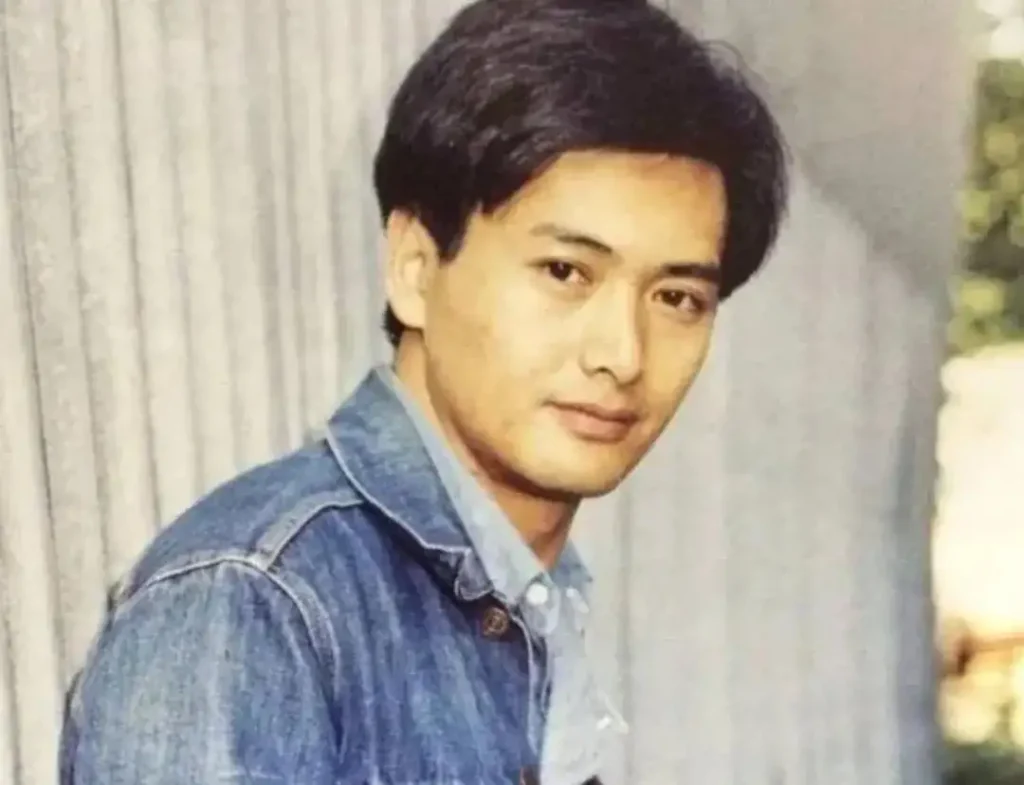
After getting accepted, Chow went through a detailed one-year training program. The curriculum covered acting, dancing, martial arts, screenwriting theory, hair and makeup, and photography. He signed a three-year contract with the television station right after completing the program. This marked the start of his acting career.
His early days saw him taking roles in soap operas as he built his reputation with Hong Kong audiences. The work schedule pushed him to his limits. Days often started at 6 a.m. and stretched until 2 a.m. the next morning. This demanding pace continued almost ten years, and people say he would recite his lines even in his sleep.
Breakout roles in ‘The Bund’ and ‘Hotel’
His big break arrived with the role of Hui Man-keung in the television series The Bund, which told stories about gangsters in 1930s Shanghai. The show became a massive hit across Asia and made Chow a household name. His performance as Siu Wah-shan in Hotel showed audiences his versatility as an actor.
Transition to film: Early struggles and breakthroughs
Chow always dreamed of becoming a film actor, but success didn’t come easy. He made his first movie appearance in 1976 with The Reincarnation after signing exclusively with Goldig Films. The early 1980s brought a string of low-budget films that flopped badly. Many people thought his career had ended.
The year 1986 changed everything when John Woo directed him in the landmark Hong Kong gangster drama A Better Tomorrow. This movie rejuvenated Chow’s career and turned him into an international superstar. He created a unique screen persona as the kind-hearted, honorable action hero. This breakthrough role launched his famous “heroic bloodshed” films that defined an entire era of Hong Kong cinema.
The Rise of a Global Icon
Chow Yun Fat and director John Woo’s partnership changed action cinema forever. Their work together created a legacy that reached way beyond Asian markets.
Collaboration with John Woo and the ‘gun fu’ genre
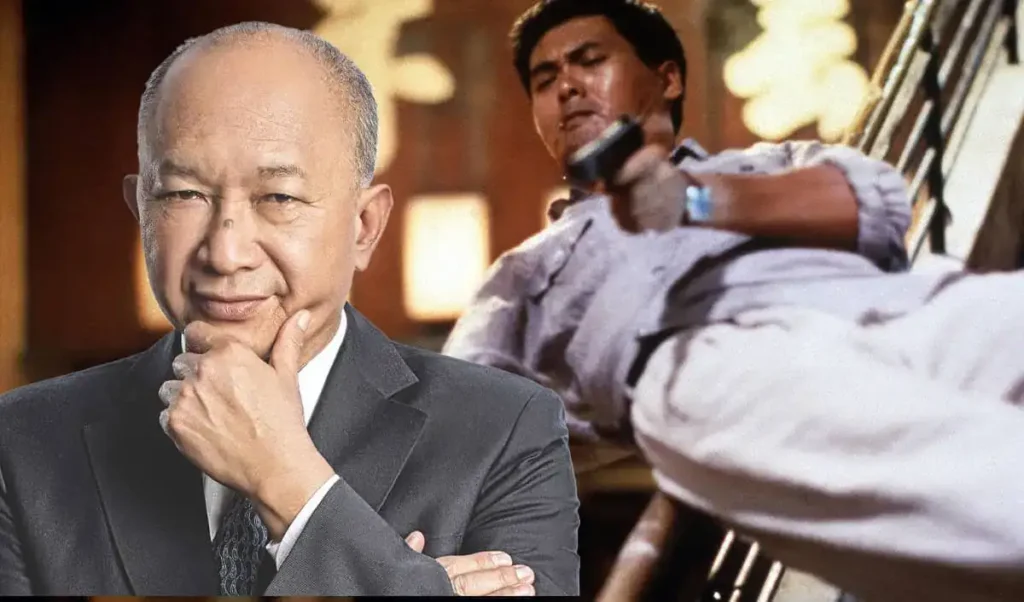
The huge success of A Better Tomorrow (1986) led Chow and Woo to create more groundbreaking films that defined the “heroic bloodshed” genre. Their projects—A Better Tomorrow II (1987), The Killer (1989), and Hard Boiled (1992)—gave birth to “gun fu,” a unique style that mixed kung fu’s grace with gangster film violence. They created stunning gunfights with slow-motion sequences. Chow’s signature dual-wielding pistols became an iconic symbol of this style.
Hollywood debut and international recognition
The mid-1990s saw Chow turn his attention to Hollywood. He started learning English in 1996. His American journey began with The Replacement Killers (1998), followed by The Corruptor (1999) and Anna and the King (1999). These first Hollywood movies had modest success but helped establish Chow’s presence in Western cinema.
Crouching Tiger, Hidden Dragon and global acclaim
Chow’s role as Li Mu-bai in Ang Lee’s Crouching Tiger, Hidden Dragon (2000) shot him to international stardom. The film earned about $100 million in just three and a half months—twice what the previous highest-grossing foreign film made. The movie grabbed ten Oscar nominations and won four Academy Awards, including Best Foreign Film. This remarkable achievement brought Chinese cinema to Western audiences and showed Chow could do much more than action roles.
Chow Yun Fat movies that defined an era
Chow’s career spans many influential films that shaped cinema worldwide. His work ranges from City on Fire (1987)—which inspired Quentin Tarantino’s Reservoir Dogs—to blockbusters like Pirates of the Caribbean: At World’s End (2007). His work with Woo inspired many filmmakers. Rodriguez and the Wachowskis borrowed heavily from gun fu elements for their Matrix franchise.
Chow’s influence runs deeper than just his acting. He transformed how filmmakers shoot action sequences around the world.
Legacy, Lifestyle, and Public Persona
Chow Yun Fat stands apart from Hollywood celebrities who show off their wealth. His simple way of life has earned him deep respect in Hong Kong and around the world. His lifestyle, giving nature, and lasting influence paint a picture of genuine character that you rarely see in show business.
Chow Yun Fat now: A modest life despite fame
Brother Fat, as Hong Kong locals call the 68-year-old star, lives a simple life that might surprise many. He spends just HK$800 (US$102) each month on himself. The star chooses to ride the subway like everyone else. “Who would notice me on the subway? Ninety percent of the people now on the subway would be staring down at their phone,” he said.
His wife Jasmine Tan tells us that Chow kept his Nokia flip phone for 17 years. He changed it only when it stopped working. Street food stalls are his favorite places to eat, not fancy restaurants. His closet stays basic too—he owns just 8-10 shirts and a jacket, some more than ten years old.
Philanthropy and charitable commitments
Buddhist teachings shape Chow’s view of money and giving. “The money is not mine; I just keep it temporarily,” he shared. His giving goes beyond random donations. It’s part of who he is.
Chow Yun Fat net worth and his vow to donate 99%
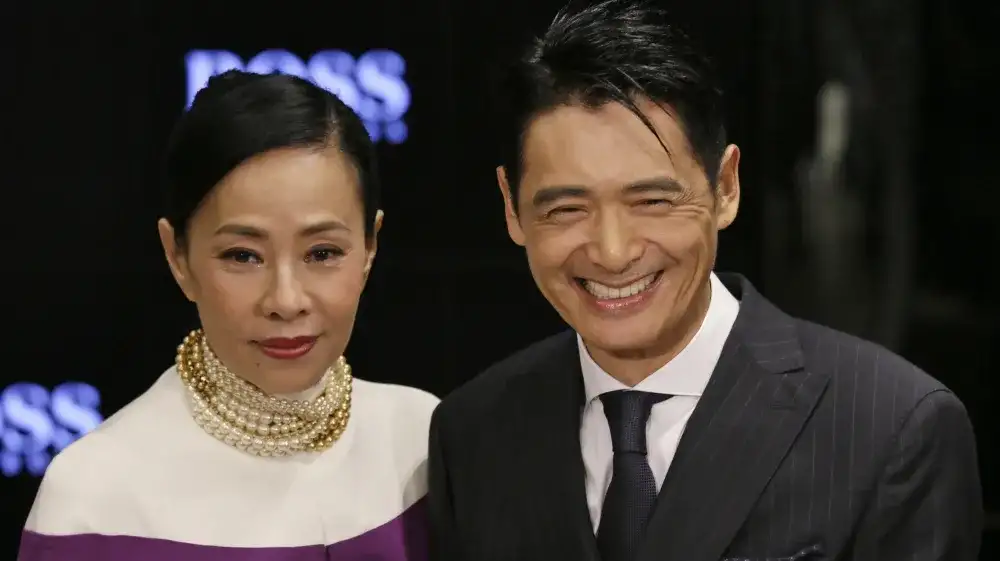
Chow’s wealth stands at HK$5.6 billion (about US$714 million). After talking with a Buddhist monk in 2018, he decided to give 99% of his money to charity after his death. His wife will receive the remaining 1%.
“This money isn’t something you possess forever. When you’re gone one day, you have to leave it to others to use it,” Chow explained. He joins a small group of wealthy people who promise their fortunes away, but stands out as one of few Asian actors making such a bold move.
Awards, honors, and cultural impact
The Busan International Film Festival honored Chow as Asian Filmmaker of the Year in 2023. He became the second Hong Kong actor to receive this award. His talent shines through three best actor wins at the Hong Kong Film Awards and two at Taiwan’s Golden Horse film awards.
Chow’s influence goes beyond awards. His humble nature sets him apart in Hong Kong, where showing off wealth is common. People look up to him as a moral guide in a city known for its wide gap between rich and poor.
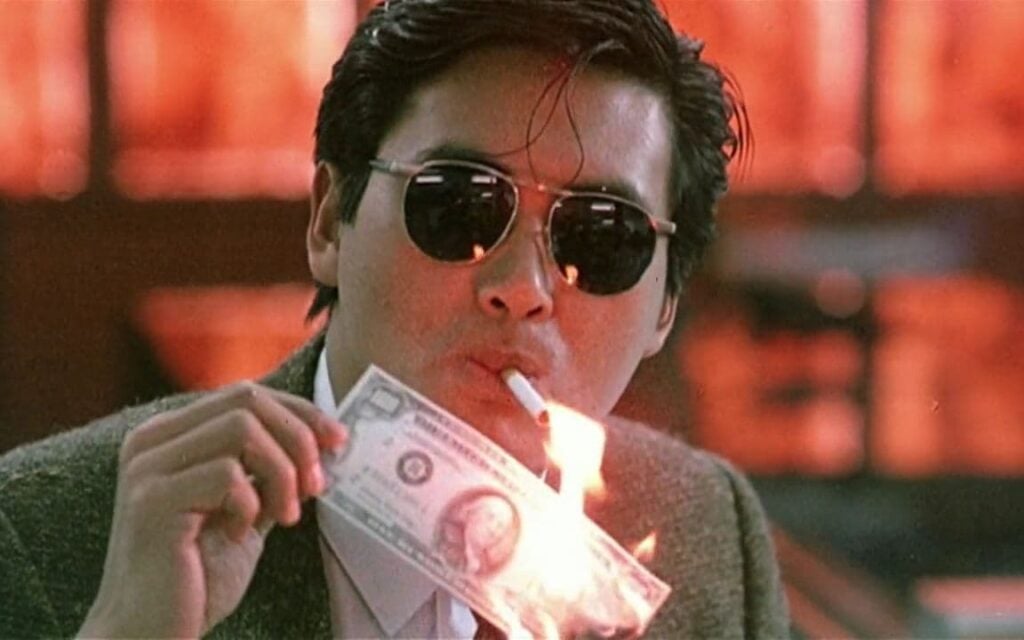
Conclusion
Chow Yun Fat has defied Hollywood stereotypes and proven himself to be more than just an action star over his remarkable 40-year career. His story shows how raw talent and determination can exceed cultural boundaries – from his modest start on Lamma Island to worldwide fame. Without doubt, his collaboration with John Woo transformed action cinema. His role in “Crouching Tiger, Hidden Dragon” introduced Chinese filmmaking to audiences worldwide.
Chow’s steadfast dedication to authenticity truly makes him unique. He has built a fortune of US$714 million but still prefers public transport to luxury cars and street food to expensive restaurants. People love him not just for his screen presence but also for his humble nature.
His decision to give 99% of his wealth to charity shows his deep understanding of life and success. “The money is not mine; I just keep it temporarily,” he once said. These words reflect a wisdom few celebrities of his caliber possess.
Chow Yun Fat’s impact reaches far beyond his movies. His performances have brought him major awards and global recognition. Yet his greatest achievement may be showing that true greatness comes from simplicity and giving. He stands as a powerful example in an industry known for excess – proving that the most inspiring stories happen away from the cameras.
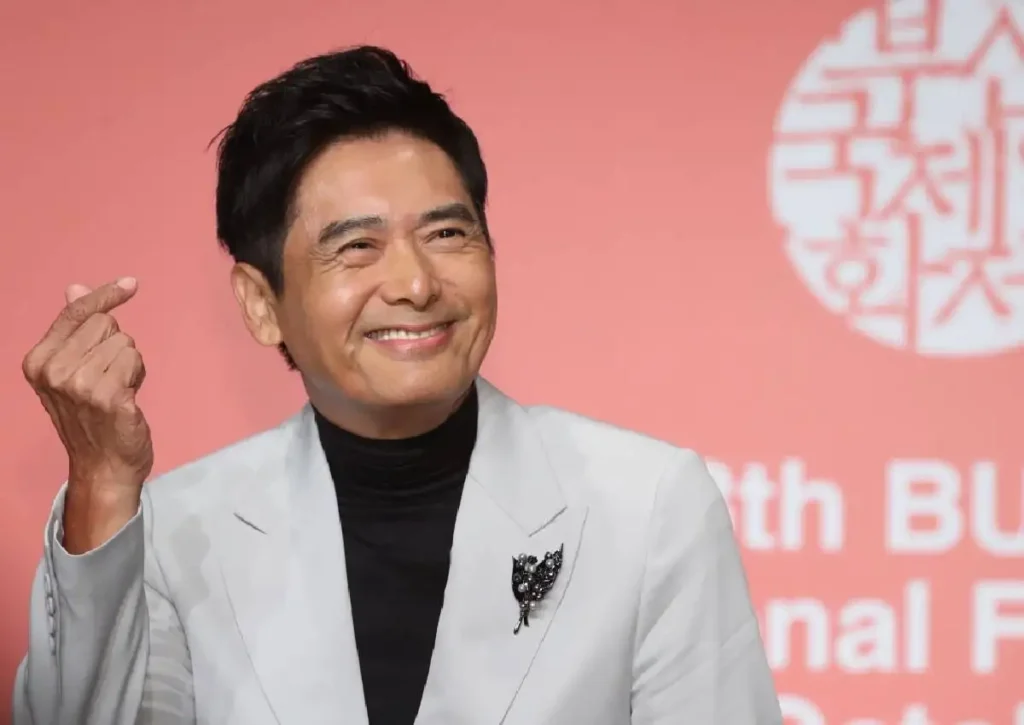
FAQs
Who is Chow Yun Fat?
Chow Yun Fat is a legendary Hong Kong actor known for his iconic roles in A Better Tomorrow, Crouching Tiger, Hidden Dragon, and his collaboration with John Woo.
What are Chow Yun Fat’s most famous movies?
Chow Yun Fat’s most famous films include A Better Tomorrow, The Killer, Hard Boiled, and Crouching Tiger, Hidden Dragon. These movies defined Hong Kong cinema and global action cinema.
Why is Chow Yun Fat considered Hong Kong’s greatest actor?
Chow Yun Fat is considered Hong Kong’s greatest actor because of his powerful performances, influence on action cinema, and his long-lasting partnership with director John Woo.
What makes Chow Yun Fat’s story unique?
Chow Yun Fat’s story is unique because, despite global fame, he lives humbly and has vowed to donate his entire fortune, showing true generosity beyond his acting career.
Did Chow Yun Fat work with John Woo?
Yes, Chow Yun Fat and John Woo’s collaboration produced classics like A Better Tomorrow and The Killer, shaping the style of Hong Kong action films worldwide.

